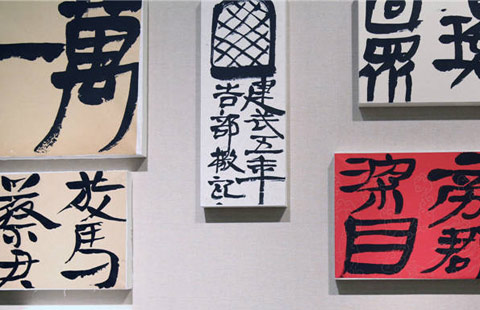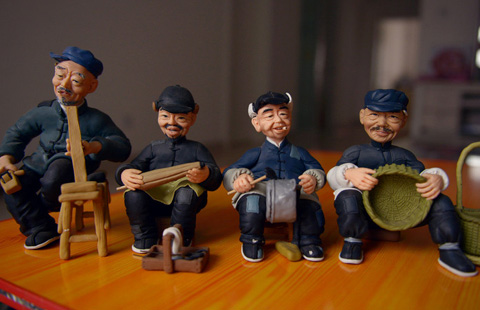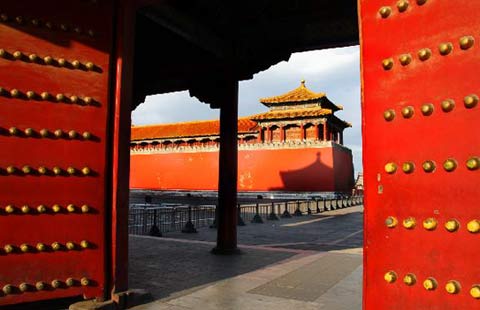TV series aims to 'decode' China
By He Wei ( China Daily ) Updated: 2014-06-18 08:06:12
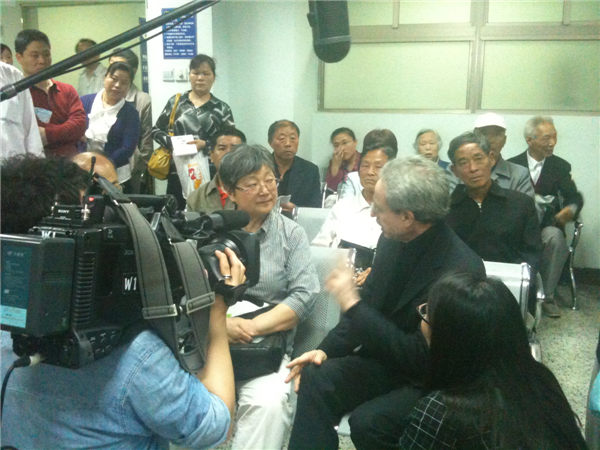 |
|
Photo provided to China Daily |
Q&A Wang Jianjun, executive vice-president of Shanghai Media Group.
Q: What made International Channel Shanghai produce such a TV documentary in collaboration with Kuhn's team?
A: Initially the documentary was designed to honor past achievements of China ahead of the 18th National Party Congress in 2012. The International Channel Shanghai is essentially an English-language channel. It should focus on what the world is saying about China. The country has reasserted its stance that it will seek peaceful development. Misperceptions can, however, distort facts. Western anxiety is rooted in fears that China will become assertive, aggressive and expansionist. We would like to correct such misconceptions. Kuhn is well positioned to talk about the challenges that China faces in a way that is better understood by Western viewers.
Q: Do you face pressure when touching upon sensitive issues?
A: To be frank, there is little pressure because we have thought through the necessity of approaching topics this way. Initially my primary concern was that the directors were very young and it was unclear how they would handle in-depth topics. After many preparatory meetings, team members today have a better understanding of political and environmental issues. It is our story-telling style that has won us praise at home and abroad.
Q: What is your expectation from season two?
A: In the second season, we aim to focus on ordinary Chinese people. The Chinese Dream stirs hopes and expectations. But outside China, it sometimes provokes questions. There isn't a better way to answer those questions than to show how the lives of Chinese people have been reshaped by rapid changes in the country. We will go to places where pilot elections for village officials are being held. The China's Challenges brand is our barometer to measure China's growth, and we hope to tell the real meaning of the Chinese Dream-how it's transformative for China-and present it to the world.
Q: What is your channel's role as a local foreign-language media channel?
A: CCTV News, for instance, represents the official voice of the government and conveys national interest to viewers. But local media, such as ours, has more flexibility. We are able to discuss sensitive topics and in a lighter manner, too. So, our role is to complement national media outlets and diversify voices of the Chinese people on culture as well.
|
|
|
|
|
|
|
|


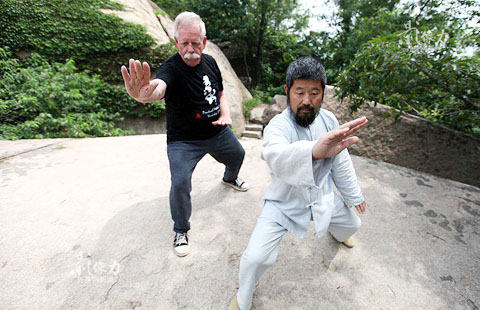















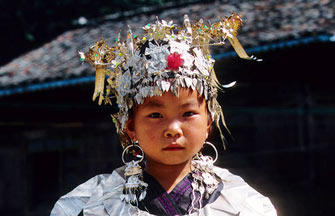



 Raymond Zhou:
Raymond Zhou: Pauline D Loh:
Pauline D Loh: Hot Pot
Hot Pot Eco China
Eco China China Dream
China Dream China Face
China Face
